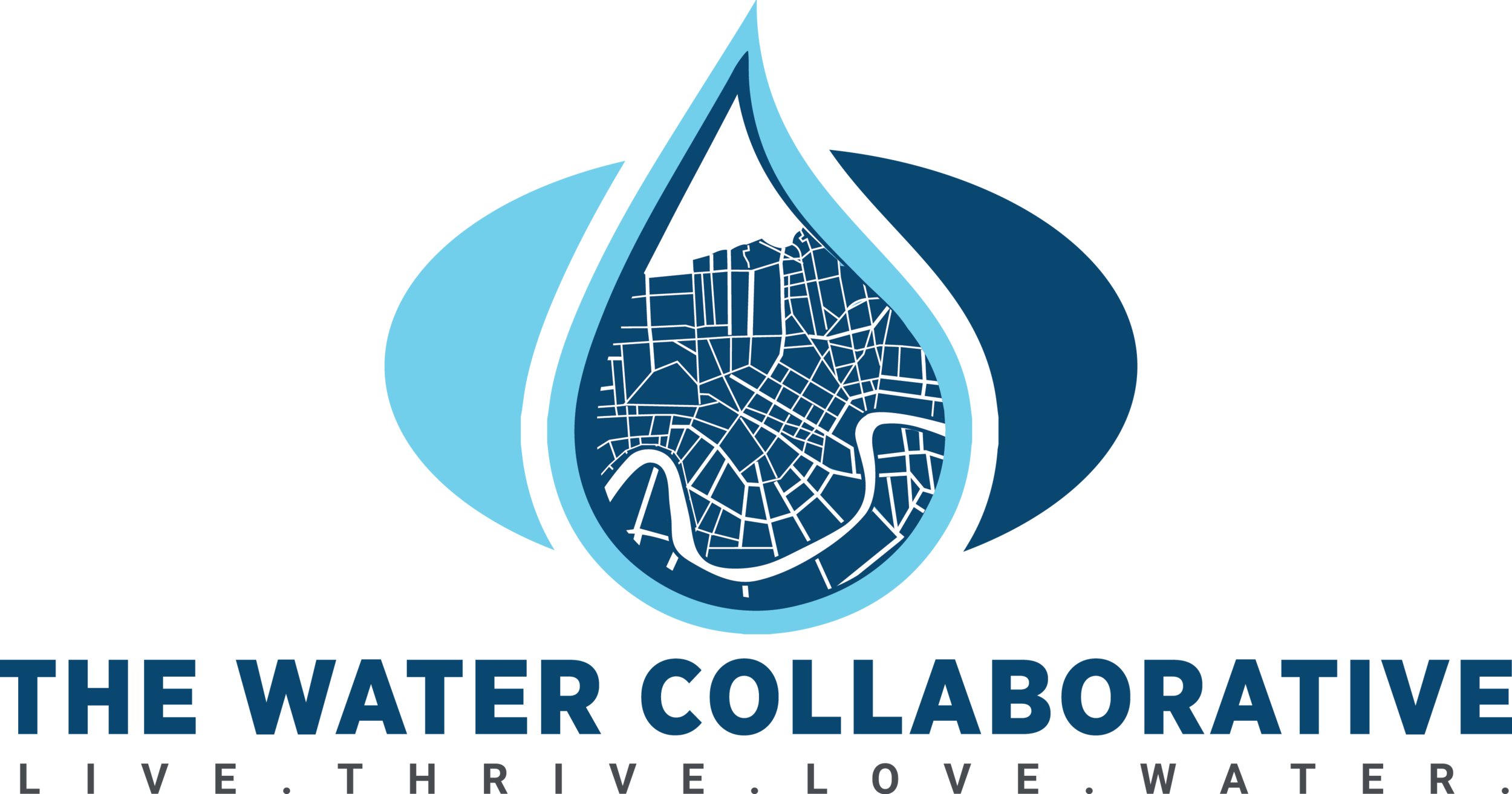Tangipahoa Well Implosion
By: Taya Fontenette, Policy and Research Coordinator
Public supply water well. Photo by United States Geological Survey.
In April 2023, an implosion occurred at the Dutch Lane Water Well in Tangipahoa Parish. The incident involved an external force breaching the well's 3-inch concrete exterior and the half-inch steel pipe within the well. Between January and July 2023, Air Products and Chemicals, Inc. conducted over 9,000 subsurface seismic tests using explosive charges beneath Lake Maurepas, just 10 miles away from the well. These tests aimed to evaluate the feasibility of carbon capture and sequestration (CCS) in establishing an injection well designed to store 5 million tons of carbon dioxide annually from the company's plant beneath Lake Maurepas. Notably, the implosion occurred more than 1,700 feet underground, while the seismic charges were detonated at a depth of 60 feet. According to third-party investigators from Air Products, their actions were deemed "not just unlikely, but virtually impossible" to have caused the implosion. While the cause of the incident remains under investigation, these events highlight the complex challenges inherent in carbon capture and sequestration initiatives and their anticipated expansion in the state.
In May 2023, the Environmental Protection Agency permitted the expansion of Louisiana's Underground Injection Control (UIC) program to encompass underground sequestration wells, also known as Class VI injection wells. During the 2023 Regular Legislative session, nine bills related to carbon capture and sequestration were introduced. However, House Bill 571, the sole bill advocating for the expansion of CCS projects within the state, managed to gain approval. The nation's UIC programs operate under the Safe Drinking Water Act to ensure the safeguarding of underground drinking water sources. CCS operations have the potential to cause groundwater contamination if not carefully managed, as injected carbon dioxide may interact with underground formations and compromise water quality. Currently, over 20 CCS projects have been proposed in Louisiana, and 10 have applied for a Class VI permit, notably focusing on storage reservoirs beneath freshwater sources.
